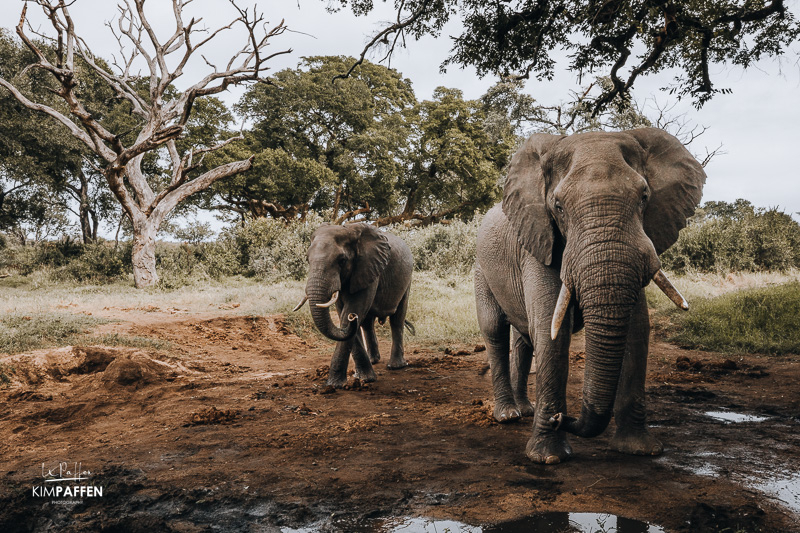- What is a private game reserve?
- What is the difference between a private game reserve and a national park?
- What is the advantage of safari in a private game reserve?
- Where are private game reserves located?
- Difference between a Private Game Reserve and Conservancy or Concession
- Things to do in a private game reserve
- What is the goal of a private game reserve?
- Do private game reserves allow hunting?
- Stay in a private game reserve or national park?
- What are popular private game reserves in Africa?
- Private Game Reserve vs. National Park: a summary
- Related Private Game Reserve articles
- Receive Photography and Travel Tips
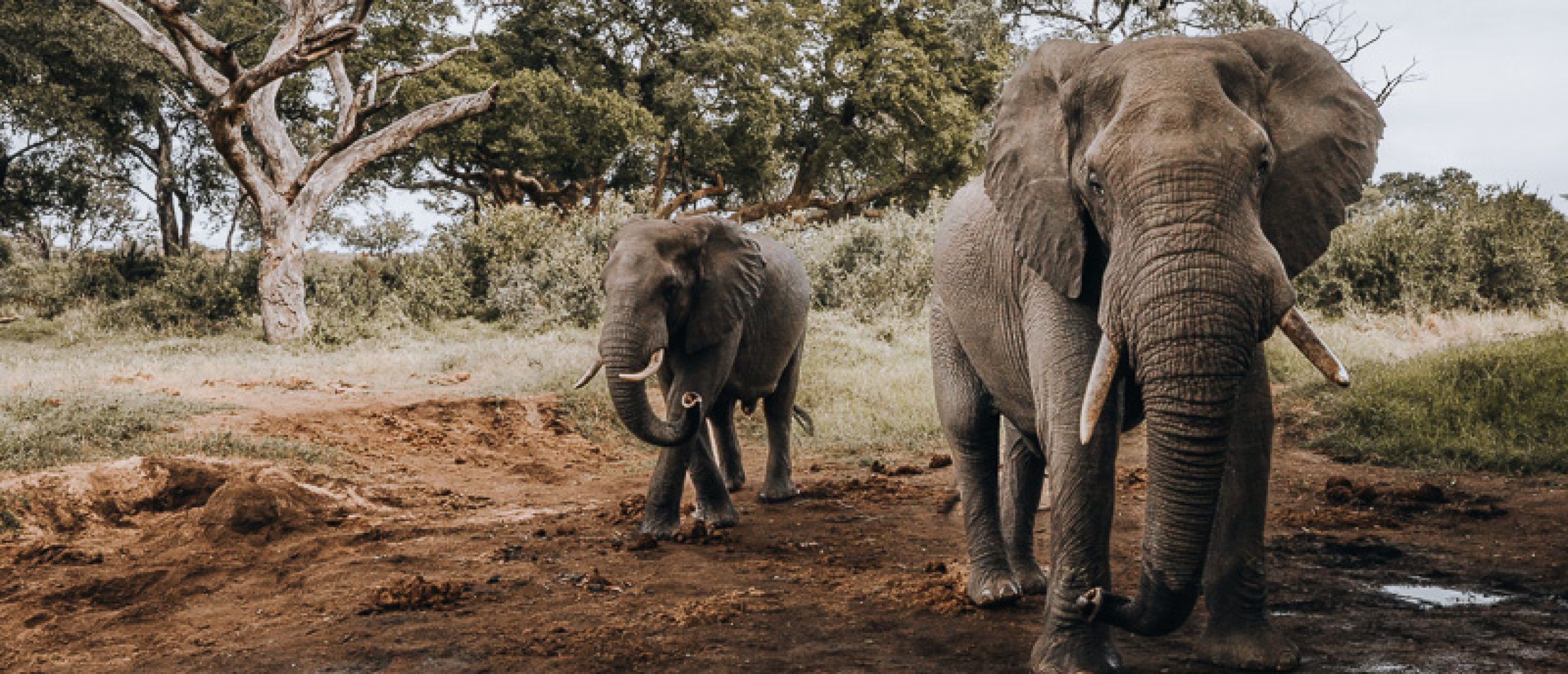
What is a Private Game Reserve in Africa and What is the Difference with a National Park?
When planning a safari in Africa, especially for first-timers, it's good to know the difference between a private game reserve and a national park. This article will give an answer to the question 'what is a private game reserve?' and will explain the most important differences between a private game reserve and a national park, conservancy, and concession. For example, the difference between the Kruger Private Game Reserves, Kruger National Park and the Makuleke Concession within the Kruger National Park, South Africa.
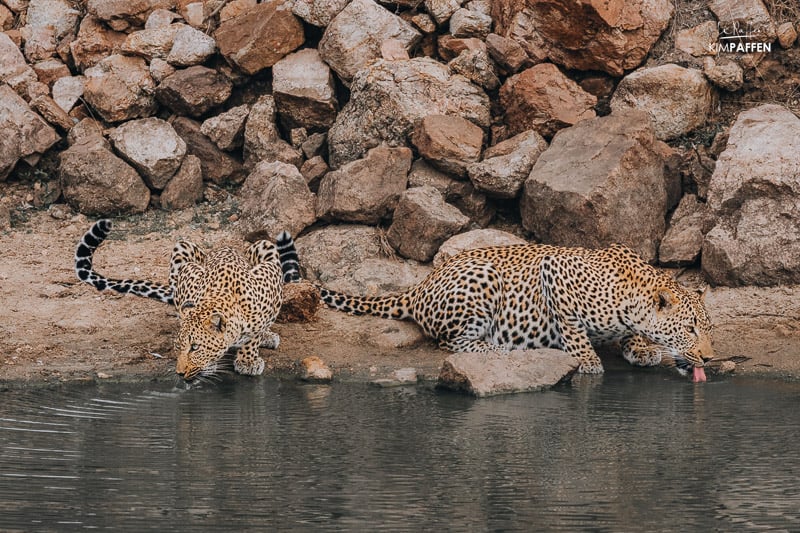
What is a private game reserve?
A private game reserve is a protected wildlife area that is privately owned and managed for the conservation of wildlife and their habitats. Private game reserves are often established and run by individuals or organizations with a strong interest in conservation and a desire to protect and preserve the natural environment.
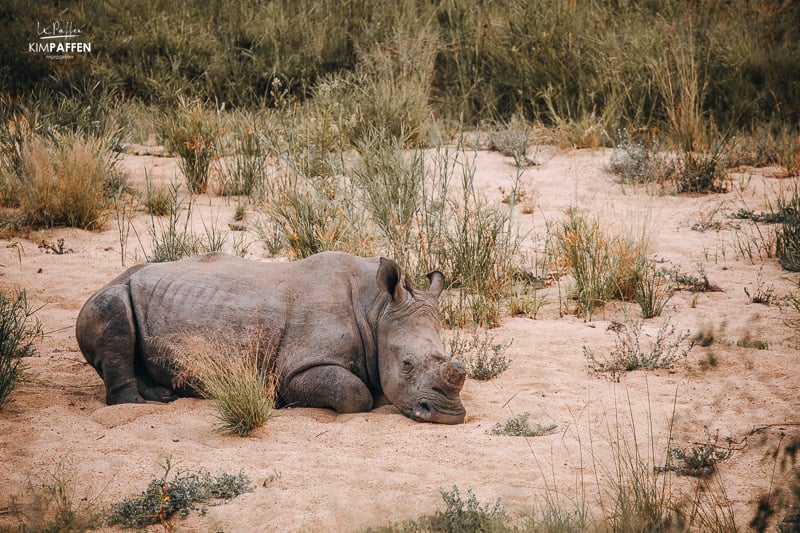
What is the difference between a private game reserve and a national park?
A national park, for example Kruger National Park in South Africa or the Masai Mara in Kenya, is land owned and managed by the government whereas a private game reserve is privately owned and managed; for example by the lodges that are located within the private game reserve. Examples are Thornybush Nature Reserve or Sabi Sands Game Reserve in Greater Kruger, South Africa.
National parks are usually larger in size, with a larger number of wildlife and a more varied landscape than a private game reserve, conservancy, or concession. Private game reserves areless crowded and mostly only accessible to guests who are staying on the property. Accommodations in private game reserves tend to be more expensive than national parks with upmarket accommodation, often 5-star luxury safari lodges.
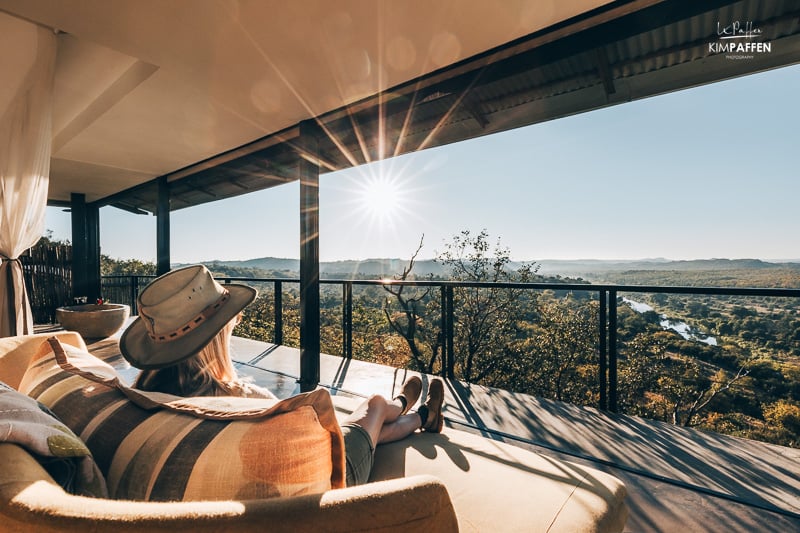
What is the advantage of safari in a private game reserve?
The most important advantage of staying in a private reserve is exclusivity. Here are a few examples of the exclusive safari experience a private game reserve offers:
- A limited number of vehicles allowed at an animal sighting. This is animal friendly and offers a more exclusive wildlife experience;
- Tend to take fewer passengers per vehicle;
- Private reserves or conservancies offer more safari activities on their property, like a night game drive to spot nocturnal animals, guided walking safari to track animals on foot, and horseback riding. These activities are not allowed in most national parks;
- Fine dining experience;
- Sleep-out adventures on luxury star beds for an immersive nature experience under the night sky
- Ethical off-road driving on a game drive to get closer to the animals for exclusive wildlife sightings, without disturbing them.
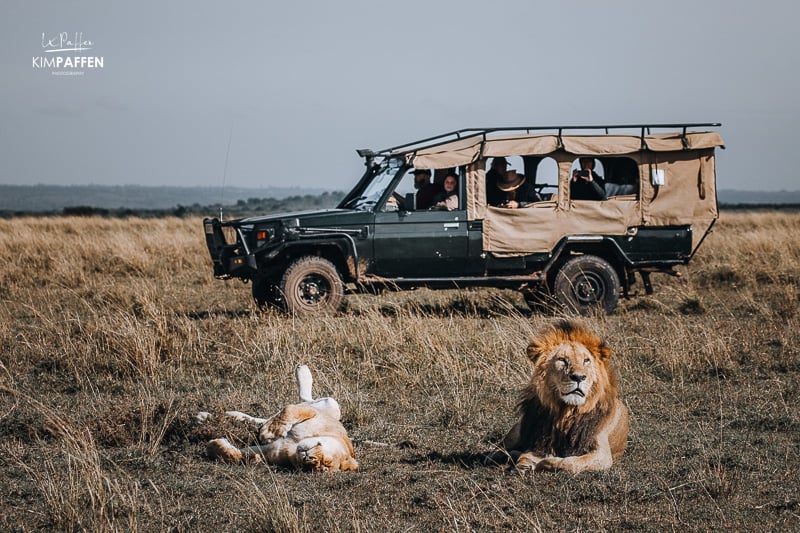
On safari in national parks - where you have to stay on designated roads - it can be frustrating to see animals in the far distance. Since the animals are wild, they are not always found next to the roads.
And you've probably also seen the videos of 15-20 vehicles gathering around a cheetah sighting in the Maasai Mara National Reserve or the lines of safari vehicles waiting for a river crossing during the Great Migration. In private game reserves, you won't find these crowds and at a wildlife sighting there's usually a maximum of 5 vehicles allowed.
Where are private game reserves located?
Private game reserves are typically found in areas with a diverse array of wildlife and ecosystems, such as savannas, grasslands, and forests. They are home to a wide range of animal species, including the Big Five and other large mammals, such as lions, giraffes, elephants, and rhinos, as well as smaller animals like antelopes, reptiles, and a variety of birds.
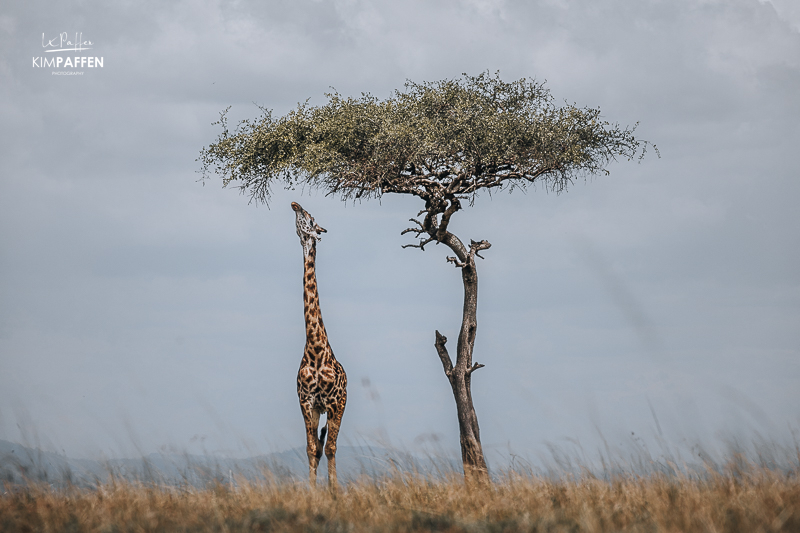
Many private game reserves in Africa are located next to national parks. More and more game reserves that border national parks are dropping their fences to increase the animal's habitat, which allows wildlife to roam freely between private reserves and public land. Other game reserves are still enclosed areas.
Private game reserves are often established on land that has been previously developed or used for other purposes, such as agriculture or ranching. In many cases, the land is restored and rehabilitated to create a habitat that is suitable for the conservation of wildlife. This also counts for concessions or conservancies, but there's still a difference between a private game reserve and a concession or a conservancy (see next chapter).
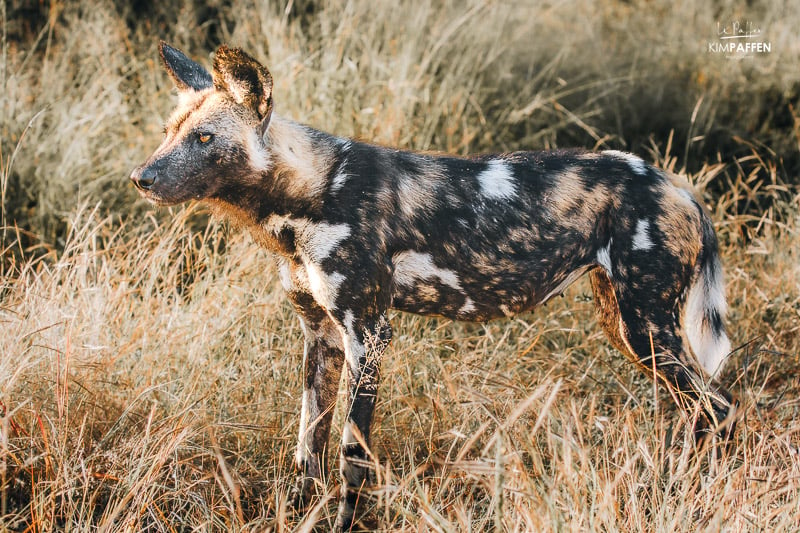
Since private game reserves are often located near a National Park, I highly recommend visiting both to experience the best of both worlds. Examples for South Africa:
- Marakele National Park in the Waterberg region in South Africa and Welgevonden Private Game Reserve
- Kruger National Park and Klaserie Private Game Reserve or Manyeleti Private Game Reserve
- Addo Elephant National Park and Shamwari Private Game Reserve in the Eastern Cape
- Hluhluwe-Imfolozi Park (state managed) and Manyoni Private Game Reserve or Thanda Private Game Reserve
Difference between a Private Game Reserve and Conservancy or Concession
A conservancy or a private concession differ from a Private Game Reserve, because they are often owned by the government but privately managed. Sometimes, a concession is owned by the community as it has always been their land. One of those examples is the Makuleke Contractual Park within Kruger National Park.
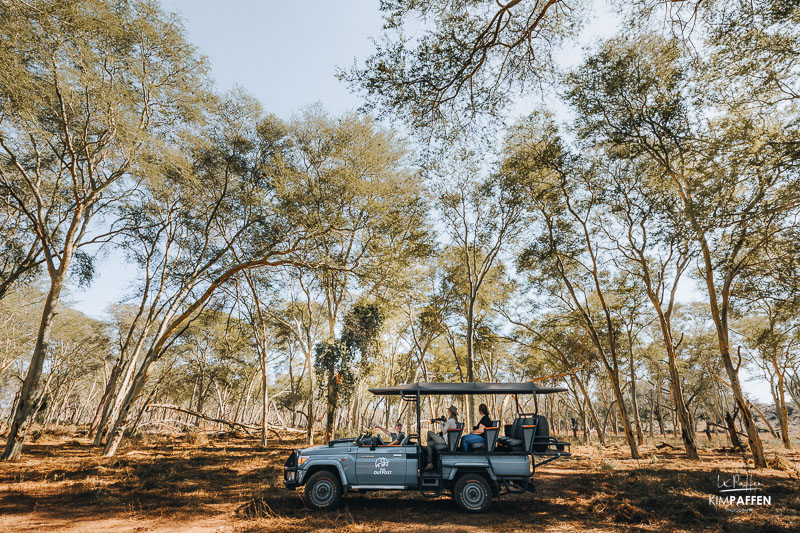
The land was given back to the Makuleke community, so they own this concession within the Kruger Park. Day visitors of Kruger National Park are not allowed to self-drive Makuleke Concession, also known as Pafuri. To experience the beauty of the Pafuri Triangle, you have to book a stay at one of the safari lodges or camps within the Makuleke Contractual Park.
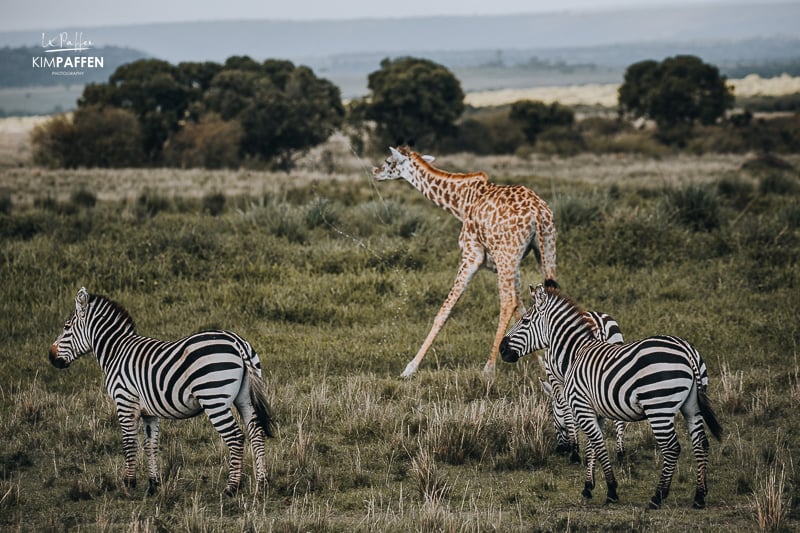
Things to do in a private game reserve
There are often many things to do on safari in a private game reserve, such as wildlife viewing on a morning game drive and afternoon game drive, or even spotting nocturnal animals on a night game drive.
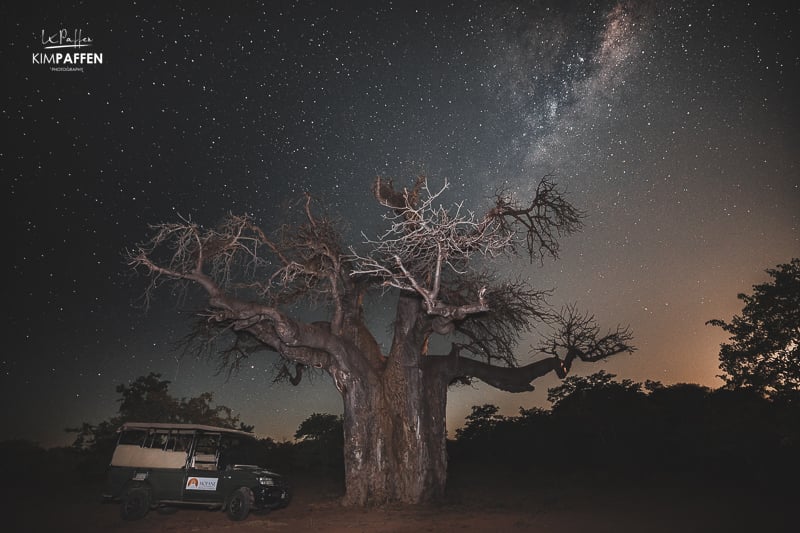
Other activities that private game reserves offer are sundowners on beautiful locations within the reserve (for example on top of a hill with panoramic views), a boma dinner, a walking safari (also known as bush walk), wildlife photography, star photography in dark-sky areas, horse-back riding, cultural village visits, and sometimes even a boat safari.
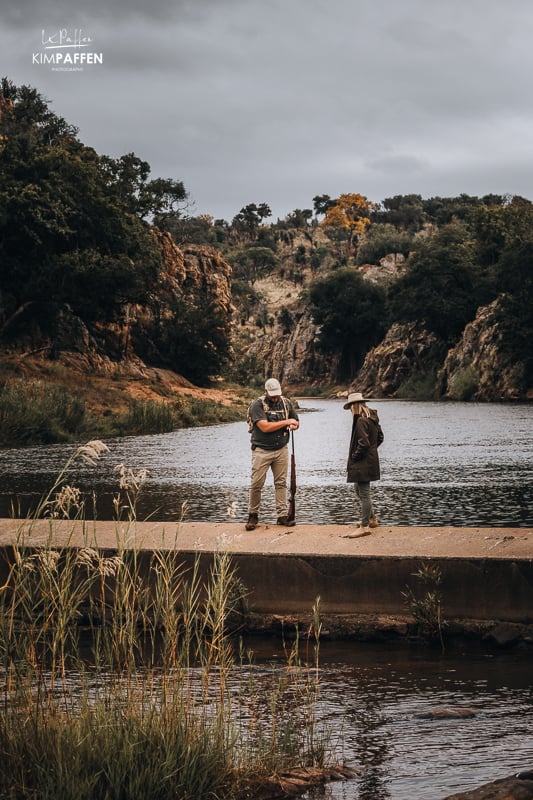
Many lodges located within private game reserves also have a swimming pool where you can relax in between the game drives.
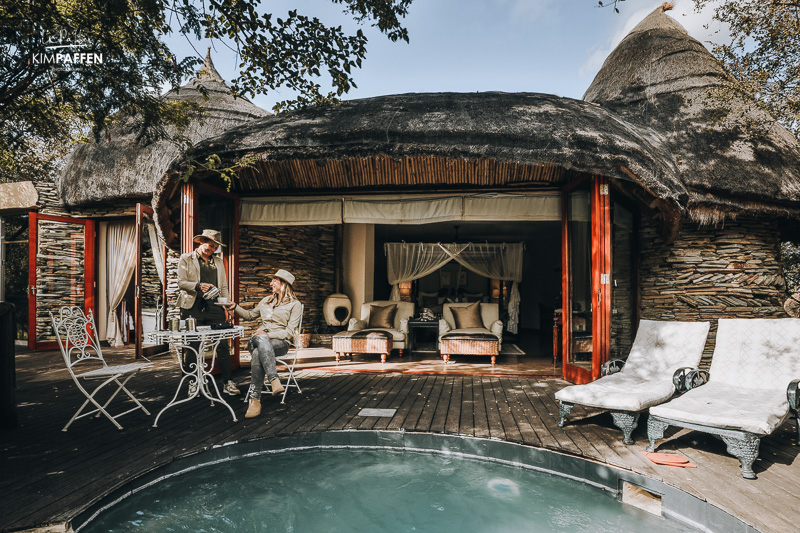
What is the goal of a private game reserve?
The goal of many private game reserves in Africa is to provide a protected environment for the conservation of wildlife and their habitats, as well as to promote education and understanding of the natural environment.
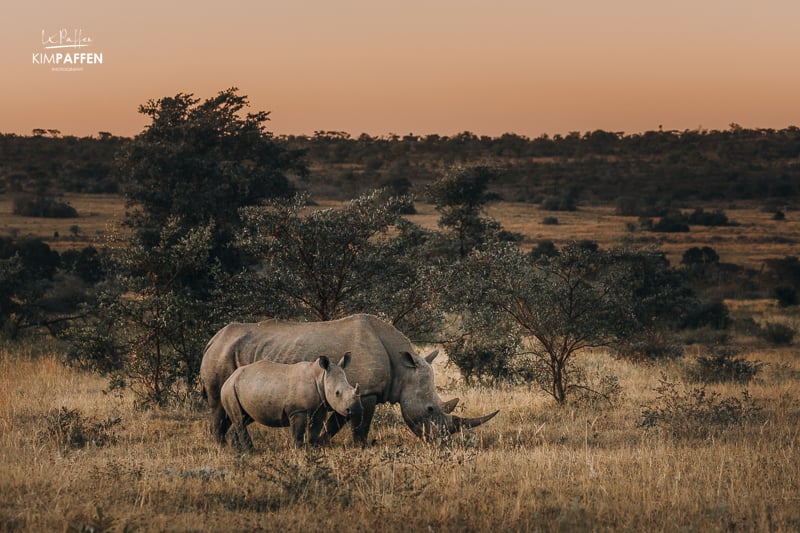
Do private game reserves allow hunting?
Since the term 'game' and 'big five game animals' used to be hunting terms, a private game reserve can be related to hunting practices. While some reserves do allow (monitored) hunting, I'm happy that many private game reserves have chosen not to support this activity and I'm positive that more reserves will follow this movement.
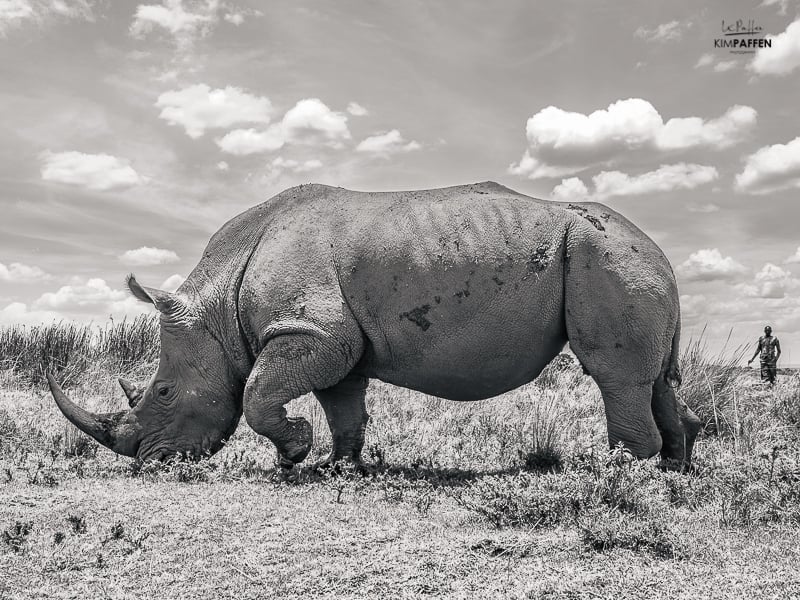
Stay in a private game reserve or national park?
For the best safari experience, I would advise adding a mix of national parks, private game reserves, and conservancies to your safari itinerary.
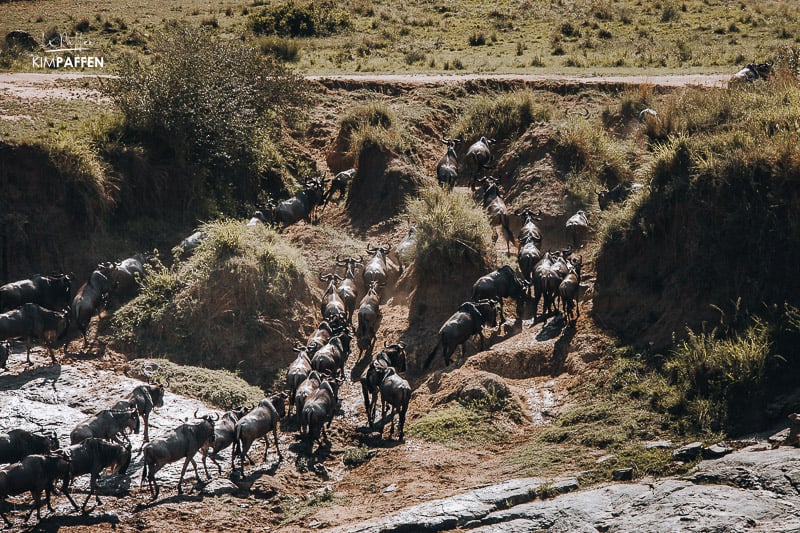
However a private game reserve offers a more exclusive safari experience, I can't deny that national parks often have good spots for animal viewing. National parks are protected by the government and due to their large size, they offer a varied landscape with many animal species.
Examples of amazing things to see on safari in Africa's national parks are the Great Wildebeest Migration in the Masai Mara and Serengeti.
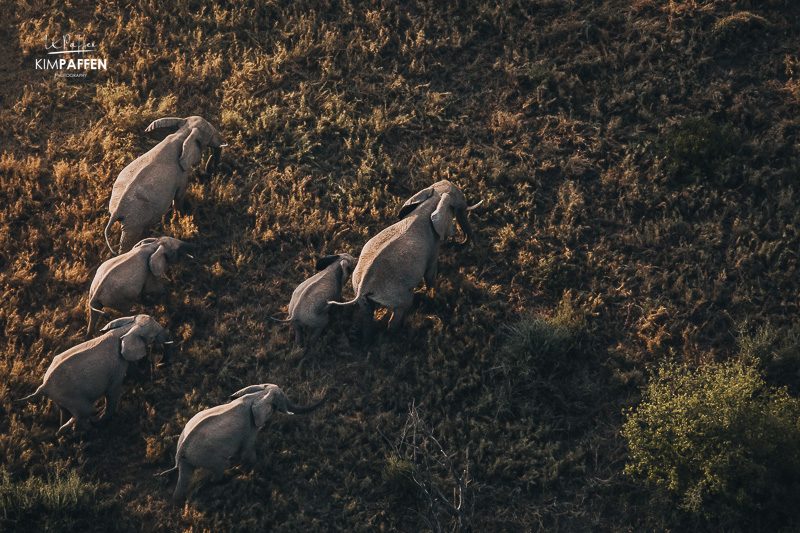
The Ngorongoro crater is not to be missed as it's a world on its own with a stunning landscape where you can find black rhinoceros, flamingos, lions, elephants, hippos, and much more amazing wildlife. The Kruger National Park in South Africa also has many cool spots to see wildlife up close.
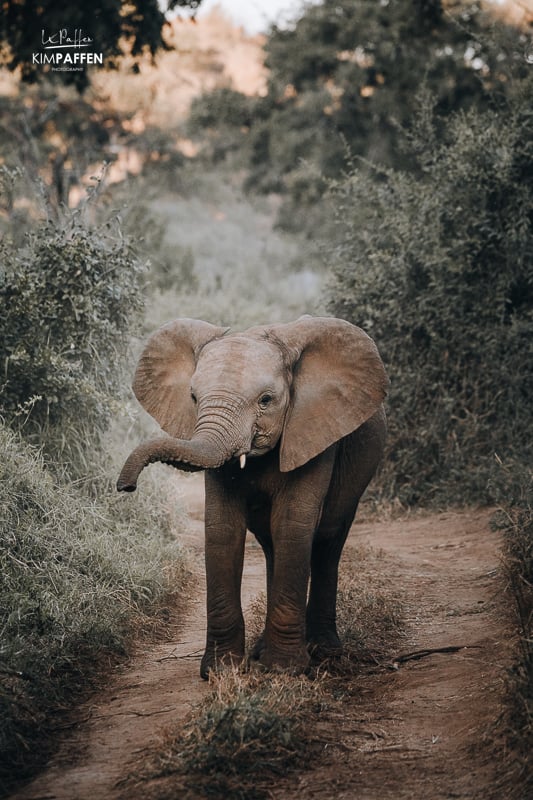
What are popular private game reserves in Africa?
There are many private game reserves or conservancies across Africa, so it's hard to mention popular game reserves without forgetting one, but here I'll share a few:
- Shamwari Private Game Reserve, South Africa
- Samara Private Game Reserve in the Karoo, South Africa
- Manyeleti Private Game Reserve in Limpopo, South Africa
- Community-owned Makuleke Concession within the Kruger National Park
- Welgevonden Private Game Reserve in Limpopo, South Africa
- Thanda Private Game Reserve in Kwazulu-Natal, South Africa
- Manyoni Private Game Reserve in Kwazulu-Natal, South Africa
- Kitirua Conservancy, Amboseli, Kenya
- Enonkishu Conservancy, Masai Mara, Kenya
- Ol Pejeta Conservancy, Kenya
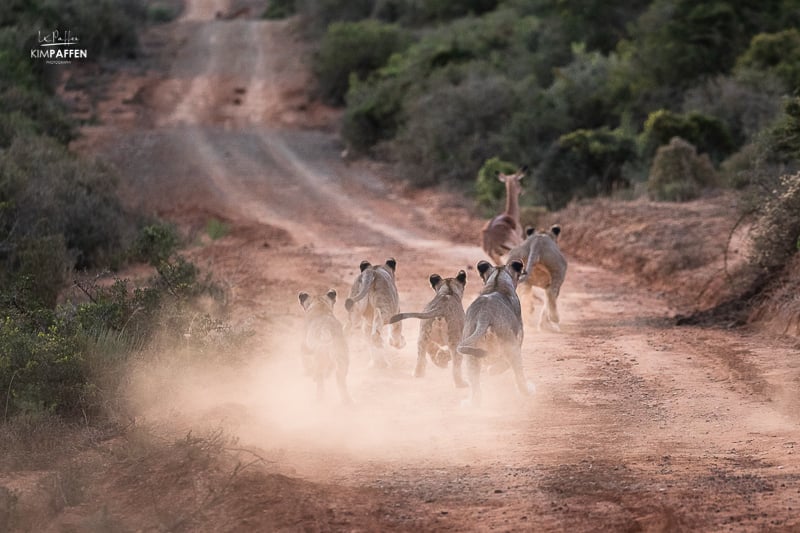
Private Game Reserve vs. National Park: a summary
| Private Game Reserve Africa | National Park Africa |
|---|---|
| Privately owned | Government-owned |
| Privately managed | Government managed |
| Fewer crowds | Crowded during peak season & at Big Five sightings |
| Upmarket/luxury (en-suite) lodging | Basic accommodation (camping/hut/cabin/chalet) |
| Usually more expensive than National Parks ($$$-$$$$$) | Usually cheaper than Private reserves ($$-$$$) |
| Fine Dining, Bush dinner, or Private Boma dinner with good chefs | Restaurants focused on mass tourism |
| Animal species depend on the location | Animal species depend on the location |
| Ethical off-road driving allowed for better sightings | Vehicles need to stay on designated roads |
| Guided game drive in a vehicle of the lodge, either a private vehicle or for a max. number of guests staying at the lodge | Game drive in your own vehicle (self-drive) or that of a tour company |
| More safari activities like horseback riding, night game drives, walking safaris | More restrictions in terms of activities before and after sunset. Night drives are mostly not allowed, occasionally national parks do offer them |
| Examples of private game reserves in South Africa: MalaMala Game Reserve, Sabi Sands Game Reserve, Shamwari Private Game Reserve, Samara Private Game Reserve, Manyeleti Private Game Reserve, Thanda Private Game Reserve, Welgevonden Game Reserve. | Examples of National Parks in Africa: Kruger National Park, Addo Elephant National Park, and Mapungubwe in South Africa, Maasai Mara, Amboseli National Park and Samburu National Park in Kenya, South Luangwa National Park in Zambia, Serengeti National Park and Tarangire National Park in Tanzania. |
